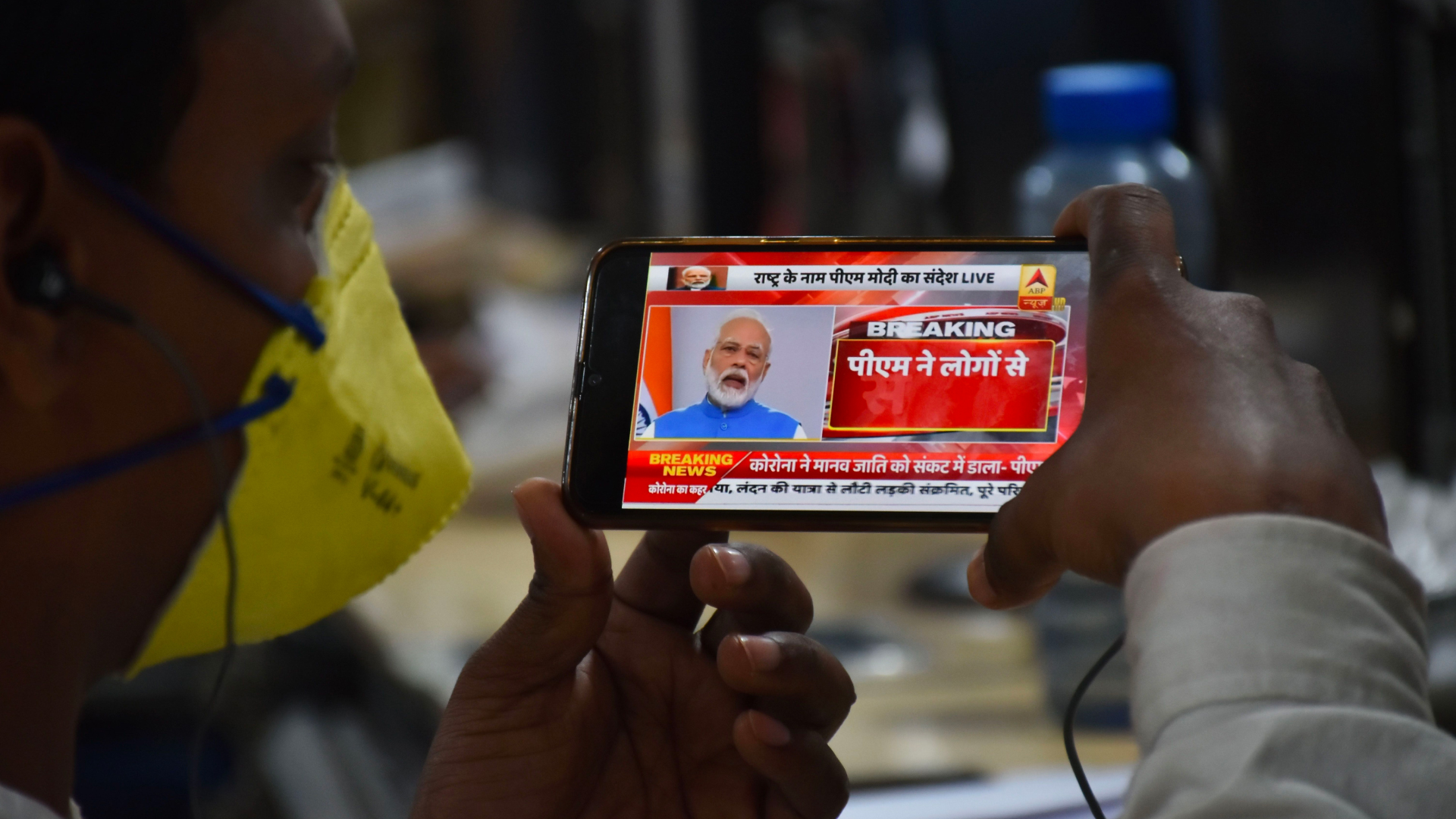Public anxiety over Covid-19 and related restrictions have disrupted a months-long protest campaign over a contentious citizenship law. Despite the drop off, organisers have told us that they intend to raise the tempo of protests when restrictions ease – which is unlikely over the coming months.
In the interim, the economic and social impacts of Covid-19 will probably push up the risk of social disorder and religious tensions in parts of the country. This is particularly if the government is unable to ensure job protection, and the availability of food, medicine and other essential items.
There have been only a few protests over the citizenship law in the past couple weeks amid new restrictions, such as a countrywide curfew that expires on 14 April. Several hundred people took part in protests near the high court in Chennai and at the Clock Tower in Lucknow last week. And a daily sit-in, in the Shaheen Bagh area of New Delhi ended this week. But although some protest organisers told us that they have cancelled upcoming events in cities such as Mumbai and Bengaluru until at least 31 March due to Covid-19, they also said that demonstrations ‘will be continued soon’.
Turnout at any events in the coming weeks are likely to be much lower than before, but even with restrictions in place a Supreme Court verdict on the law in the coming months is a probable flashpoint. Upwards of several thousands of people took part in previous demonstrations, but people now seem less willing to participate in street protests. Activists have instead promoted plans for people to protest on social media, such as using hashtags and ‘Twitter Storms’ to raise awareness and support against the citizenship law.
Public support for the restrictions means that groups that support the citizenship law will probably also refrain from organising large demonstrations. The governing Bharatiya Janata Party (BJP) said last week that the party will not stage any demonstrations until 15 April. The absence of large demonstrations reduces the likelihood of clashes between rival activists, which triggered several days of communal unrest in northeastern New Delhi in late February. During that period, more than 40 people were killed in violent clashes between Hindus and Muslims.
It will probably take several months at least for India to experience a fall in the rate of Covid-19 infections. The domestic health authorities expect a peak in cases in the coming few months. And high population density and mobility in much of India probably make it harder for the authorities to successfully enforce strict domestic restrictions for a lengthy period. Measures – such as state-level curfews, office closures and bans on inter-state travel – will probably be maintained through much of 2020. It is unclear the extent to which the virus has spread due to a lack of testing and reporting of possible cases.
Covid-19: incubator for social disorder
The spread of Covid-19 is unlikely to have immediate implications for civil unrest, given public support for the government’s measures. But as the rate of infection rises the imposition of more restrictive measures are likely to increase the likelihood of social disorder and localised unrest. This is particularly if some sections of society feel that the measures restrict their ability to earn a sustainable income, or if they disrupt access to basic goods and services and impede religious events.
Maharashtra and Uttar Pradesh, are some of the states that we have identified most at risk of unrest and social disorder, based on their poor healthcare capacity, high number of Covid-19 cases so far, and underlying economic and societal inequalities. Recent health indicators and statements by health officials suggest that shortages in medical workers and hospital beds are probable in these states, as well as New Delhi. Localised looting of small shops for essential items and sporadic gatherings that defy restrictions are increasingly probable in these states as their respective governments keep in place restrictions that outlast those imposed by the central government.
The Covid-19 outbreak will also probably amplify existing religious tensions in states where religious violence has been most prevalent. These include Gujarat and Uttar Pradesh, as well as cities such as New Delhi, Lucknow and Ayodhya. We have seen Hindus online blaming Muslims for the infection, as well as for linking the citizenship law protests with the spread of the disease. Social media campaigns also make it easier for religious groups to blame others for the societal impacts of Covid-19. The rapid dissemination of misinformation online has previously emboldened Hindus to actively target Muslims.
We assess that inter-religious tensions and the potential for related violence are highest during Ramadan, which begins around 23 April and lasts for a month. The period that the Indian health authorities expect the rate of infection to rapidly rise coincides with Ramadan. Any uptick in cases around that time is likely to be exploited by some fringe political leaders. Such figures will probably use inciteful rhetoric against Muslim gatherings during Ramadan. And based on precedent this is a probable trigger for sporadic mob violence.




